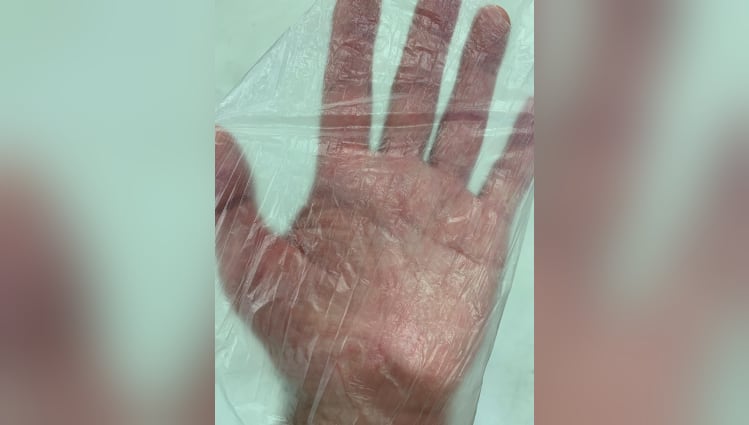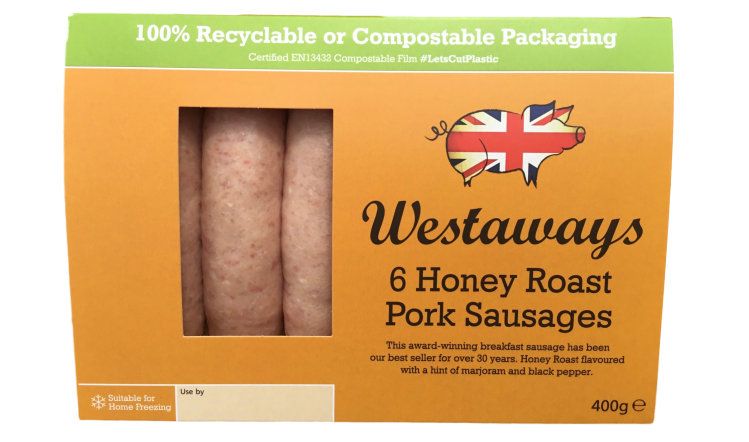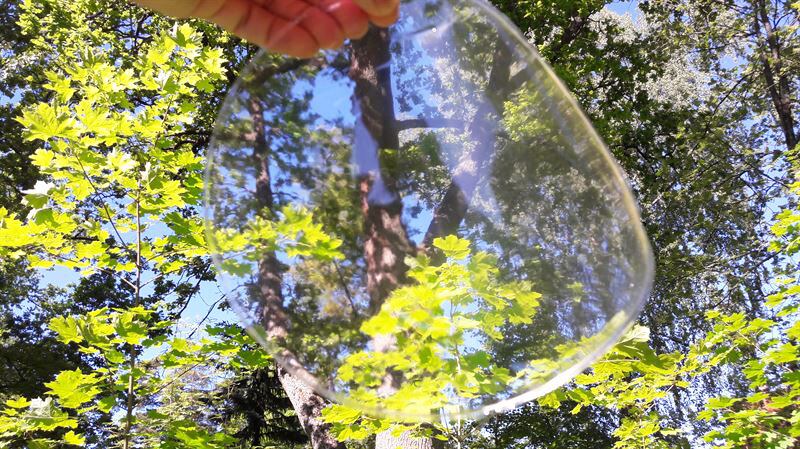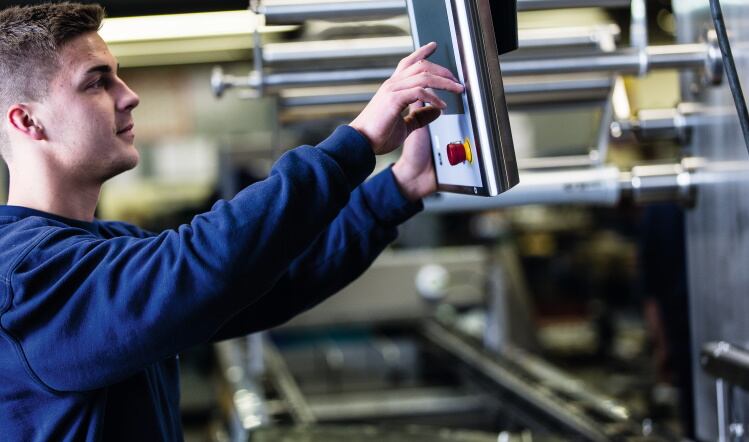For the past two years, YPACK has worked on a compostable packaging made from a sustainable biopolymer, poly (3-hydroxybutyrate-co- 3-hydroxyvalerate) – PHBV, produced from industry by-products: cheese whey and micro-cellulose from almond shells. Biodegradability tests have shown full degradation within 90 days.
YPACK used the by-products to create very thin “bio-paper”, also incorporating two active ingredients, zinc oxide and oregano essential oil.
Increased shelf life
These compounds, said YPACK, had good antimicrobial activity against two bacteria that could cause food poisoning: staphylococcus aureus and escherichia coli (E.coli). The research showed the formula could also increase the shelf-life of fresh products like meat, fruit and veg, and fresh pasta.
Dr José María Lagarón, from The Spanish National Research Council (CSIC), YPACK project coordinator, said: “The ideal packaging involves lower carbon and water footprints, is biodegradable and/or compostable, makes use of wastes or by-products, is safe and has the right preservation properties to minimise food waste. YPACK is delivering on this vision.”





